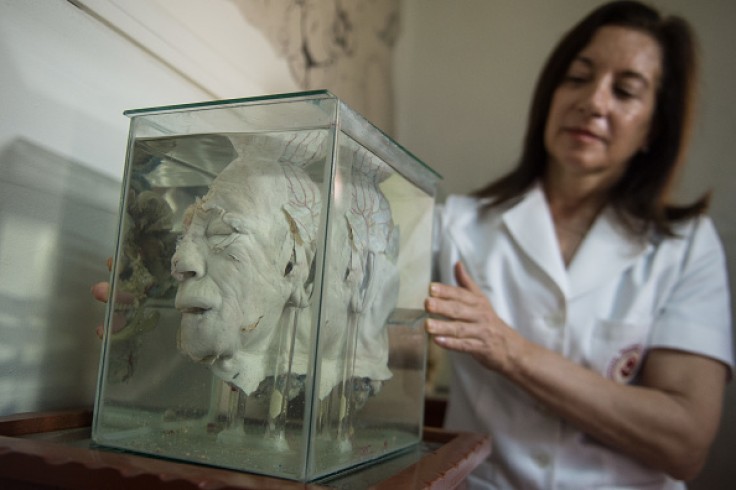
Understanding neurodevelopmental disorders has been a complex task for researchers worldwide. As science progresses, we continue to unravel the intricacies of the human brain and its numerous mysteries. An area of emerging interest lies in the understanding of cerebrospinal fluid (CSF) and its potential link to neurodevelopmental disorders. A research study highlighted on February 9, 2023, in ScienceDaily offers intriguing insights into this connection.
To appreciate the implications of this innovative study, a basic understanding of CSF is crucial. This clear, colorless body fluid is found within the brain and spinal cord. The CSF primarily acts as a protective layer for the brain, providing essential buoyancy and shielding the brain from injury by maintaining a cushioned environment. But beyond these functions, it also plays a critical role as a delivery system, transporting necessary nutrients to the brain and carrying waste products away.
Understanding Disruptions in Cerebrospinal Fluid Flow
The smooth flow of CSF is vital for maintaining brain health. Disruptions or blockages in this flow can lead to serious problems. For instance, hydrocephalus, a condition characterized by an excessive accumulation of CSF in the brain, can cause increased intracranial pressure, leading to headaches, nausea, vomiting, and, in severe cases, significant brain damage.
Recently, researchers have discovered a potential link between such disruptions and neurodevelopmental disorders. The hypothesis suggests that if the CSF flow is hindered, the brain might not receive the nutrients required for healthy development. Conversely, waste products could build up, leading to potentially harmful effects.
Neurodevelopmental disorders, such as Autism Spectrum Disorder (ASD) and Attention Deficit Hyperactivity Disorder (ADHD), typically manifest in early childhood. They are marked by delays or disturbances in brain development and can affect various aspects of cognitive functioning, including learning, behavior, and social interactions.
While the precise causes of these disorders remain largely unknown, evidence points towards a role for genetic factors and early brain development. This recent study adds another dimension to our understanding by suggesting that disrupted CSF flow may be a contributing factor in neurodevelopmental disorders.
Through the use of advanced imaging techniques, researchers found abnormal CSF flow patterns in children with these disorders. Intriguingly, these abnormal patterns corresponded with changes in brain structure and function, hinting at a possible contributing factor to the symptomatology of these disorders.
Potential Implications and Future Research Directions
This study has profound implications, offering a fresh perspective on the potential causes of neurodevelopmental disorders. It suggests that therapeutic interventions targeting CSF flow could potentially offer some benefits.
Yet, it is essential to remember that this is an emerging area of research and that many questions remain unanswered. Future research needs to further explore and confirm these findings. Specifically, we need to determine the exact mechanisms through which disrupted CSF flow contributes to neurodevelopmental disorders. It is also critical to explore whether interventions aimed at improving CSF flow can indeed alleviate the symptoms of these disorders.
In conclusion, this innovative study paves the way for further understanding and potential treatment avenues for neurodevelopmental disorders. By emphasizing the critical role of CSF in brain health, it underscores the significance of continued research in this intriguing field. As we delve deeper into the labyrinth of the brain and its development, we inch closer to deciphering the riddles of debilitating disorders affecting millions worldwide. With each discovery, we take a step towards hope, promising a better future for individuals struggling with neurodevelopmental disorders.